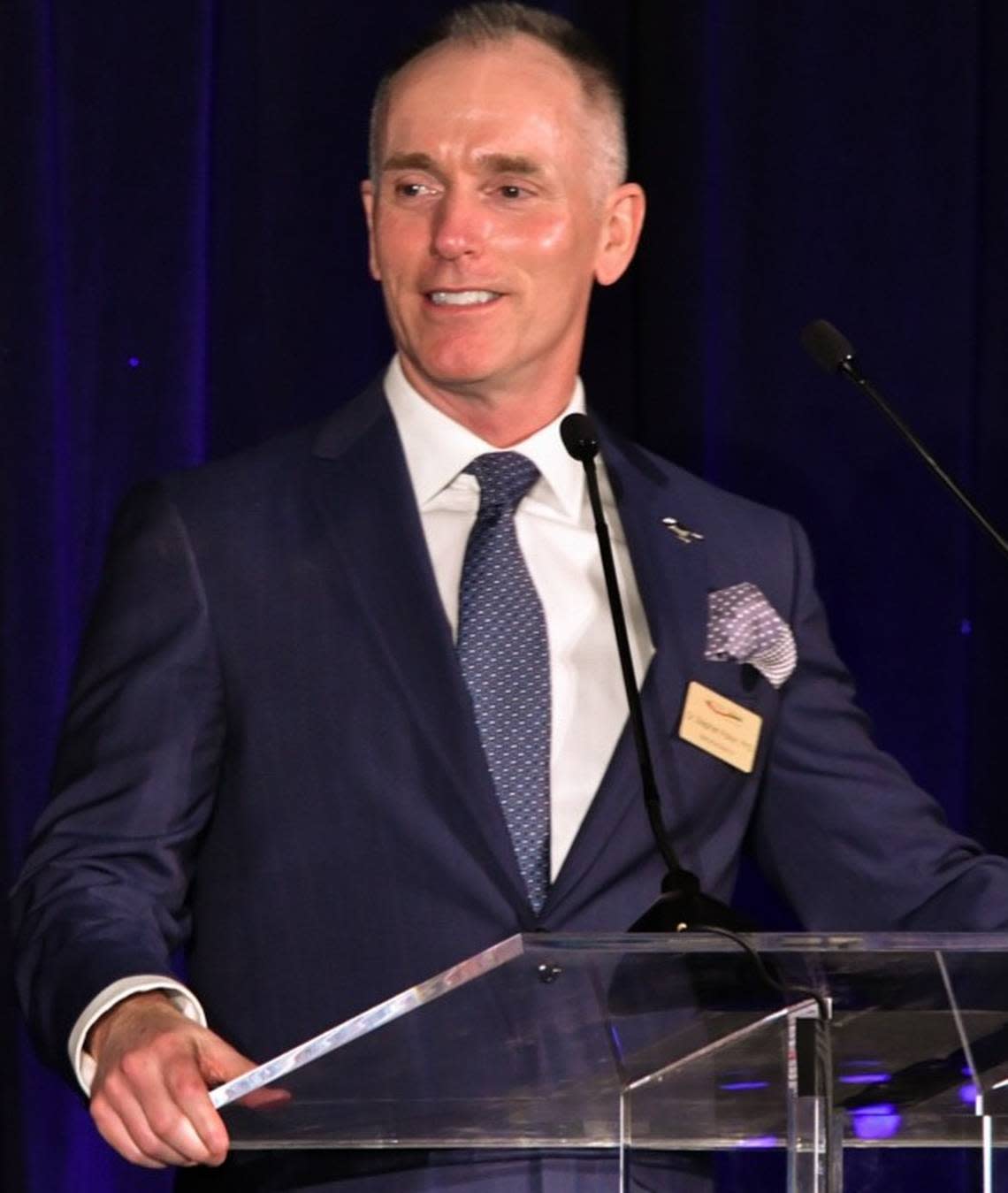This World AIDS Day, reject the latest form of HIV stigma | Guest Opinion
Adrian had only been dating guys for a short time before he moved to United States. With the ongoing financial collapse in his native country, Venezuela, everything from food to electronics to medicines has been in short supply. PrEP, the pill that prevents HIV infection, has become a luxury, available only to the wealthy or the lucky.
When Adrian, which is not his real name, immigrated to South Florida in June, he heard that he could easily get started on PrEP here. He made an appointment to get screened right away. His counselor at our community clinic, Latinos Salud, checked the test result twice: Adrian can’t start the medication to prevent HIV because, at 23, he’d already acquired HIV. He just hadn’t known it.
Dec. 1 is World AIDS Day. South Florida has the highest rate of new HIV diagnoses in the nation. Adrian’s story is just one of many. While anyone can get HIV, gay men — especially those who are Latino and African American — are the most likely to acquire HIV here and the least likely to live the long and healthy life that modern medication promises. That’s why, four decades into this epidemic, the U.S. Department of Health and Human Services has selected the Greater Miami area as a key region to ramp up efforts to end the epidemic, especially by preventing new HIV infections.
When taken as directed, PrEP is 99% effective in blocking HIV. Yet a decade after PrEP’s approval, we’re seeing that the same barriers and beliefs that have led to disparities in HIV healthcare engagement also determine who can easily access this prevention option: language barriers, cost barriers and difficulties navigating health and insurance systems. Overall, more people are getting on PrEP each year. However, PrEP is still being prescribed primarily only to older, financially secure (and well-insured) gay white men. While one in five whites who need PrEP are getting it, only one in 20 Latinos and fewer than one in 30 African Americans are.
We’re also seeing one HIV barrier hasn’t changed over the decades: the belief that, “It can’t happen to me.” Julian (not his real name) decided he’d get on PrEP this summer. He made his appointment at Latinos Salud, where he tested negative for HIV and STDs, and started taking PrEP the same day. Soon after, though, he decided to stop taking PrEP because he wasn’t very sexually active.
His counselor cautioned that, without PrEP, a single slip-up could result in an HIV infection. A few months later, when Julian came in for his regular testing, his test came back positive. He doesn’t want anyone to know, because in addition to the stigma that still surrounds HIV generally, he also thinks that people will judge him foolish for not having stayed on PrEP.
An HIV diagnosis used to be bad luck. Something as simple as a condom popped or forgotten in the heat of the moment could result in getting the virus. Today, prevention should be easier. PrEP is not like a condom; you don’t put it on. The choice about whether to take PrEP is made in advance, not in the moment of intimacy.
Also, unlike with a condom, PrEP doesn’t fail to protect just because of one goof. By taking PrEP, you build up a protective wall of antiviral medication in your bloodstream. Though patients are advised to take all seven prescribed pills each week, the medication is so potent that it continues to protect fairly well even when it’s taken somewhat less faithfully. (An injectable form of PrEP became available last year, requiring only a shot every other month.)
Today, people should be able to live long lives with HIV, though not without additional health worries, complications and expenses. In addition, feeling shame about having missed out on PrEP’s protective benefits is the newest form of HIV stigma.
On this World AIDS Day, with the world focused on other diseases, including COVID, monkeypox and RSV, HIV remains a top health risk in South Florida, and we won’t win this battle until we can defeat HIV stigma, including “missed PrEP” stigma.
Stephen Fallon, Ph.D. is executive director of Latinos Salud.

